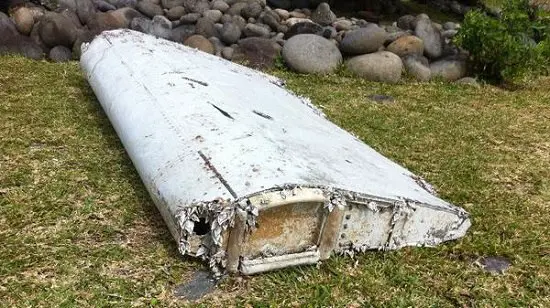International Atomic Energy Agency (IAEA) experts said on Monday Kenya is on course to tap nuclear power.
Visiting IAEA Mission Team Leader Jose Bastos told journalists in Nairobi that Kenya has made significant progress towards making a decision regarding whether to introduce nuclear power.
"Kenya has prepared a comprehensive pre-feasibility report with strong national involvement which considers all infrastructure issues," Bastos said at the end of an eight-day mission to review Kenya's Nuclear Power Infrastructure Development.
The team delivered a preliminary report while final report will be delivery to Kenyan authorities in November.
Bastos said that the pace of development of nuclear power depends on the amount of resources that a government allocates.
His remarks came after Kenya's deputy president William Ruto early this year said the country will soon have the first nuclear plant in efforts aimed at drastically reducing the cost of electricity and attracting international investors to the country.
Ruto said the East African nation would develop the nuclear plant alongside other sources of energy including geothermal, hydro, wind and solar so as to produce energy to drive the economy to double digits.
"I have no doubt that Kenya will be successfully implement its nuclear power programme safely and efficiently , borrowing from best practices in countries that have embraced and used the technology successfully for many decades," Ruto said.
Kenya Nuclear Electricity Board (KNEB) is currently undertaking a prefeasibility study addressing 19 key technical issues.
The outcome of that study will determine the direction of Kenya' s nuclear energy programme including the candidate sites to host the country's nuclear power plants.
According to the IAEA, the licensing of a nuclear power plant could take two years, while construction of a plant takes five years.
Bastos noted that Kenya has also identified the activities that need to be funded in order to fast track the development of nuclear power.
"This will allow the government to make an early assessment of the cost of nuclear power," Bastos added.
"We have not seen many countries with this type of document that allows a country to estimate the cost of putting up nuclear infrastructure," the IAEA official said.
According the country's national economic blue print, nuclear energy should account for between 15 to 20 percent of all power produced by the year 2030. Enditem
 简体中文
简体中文

